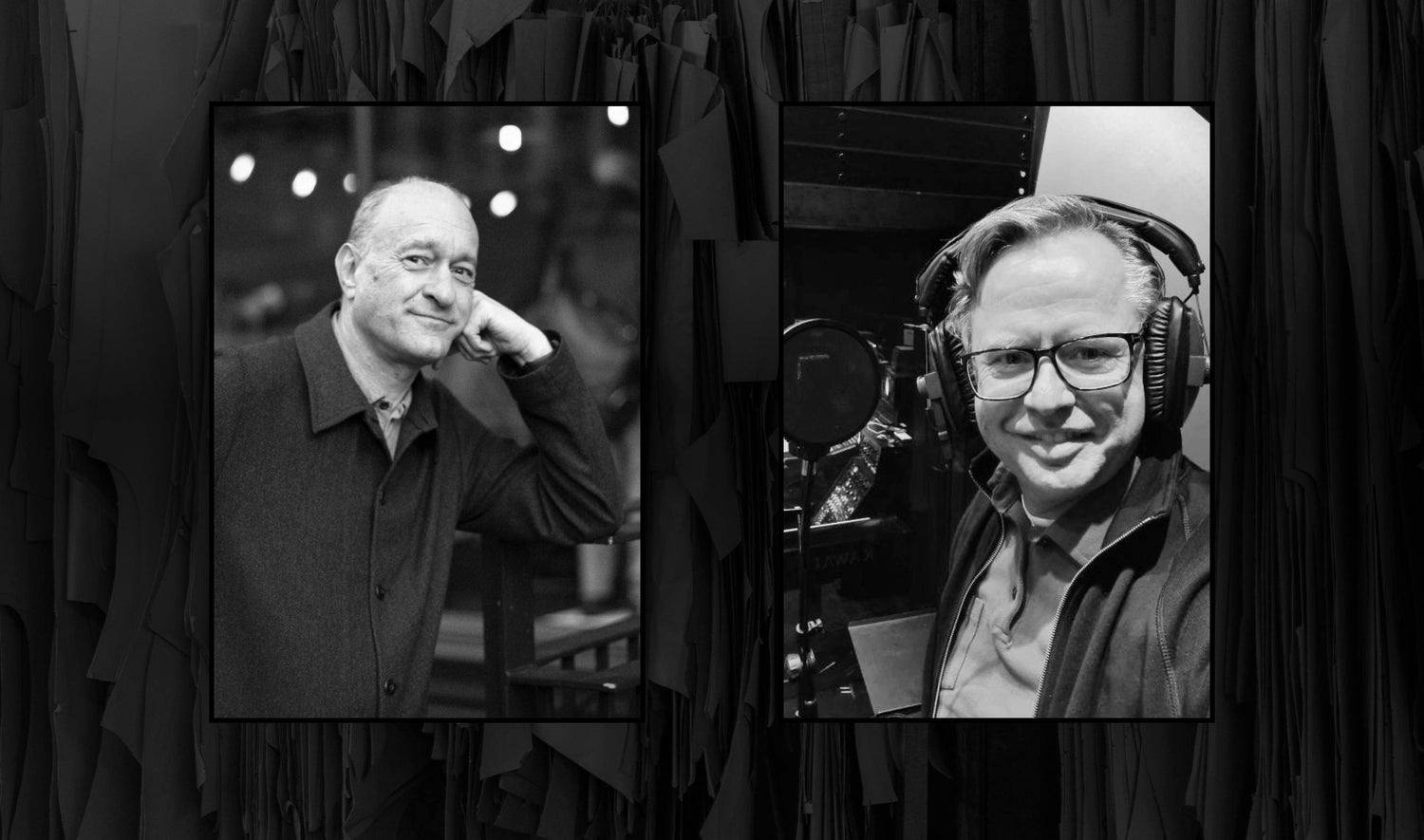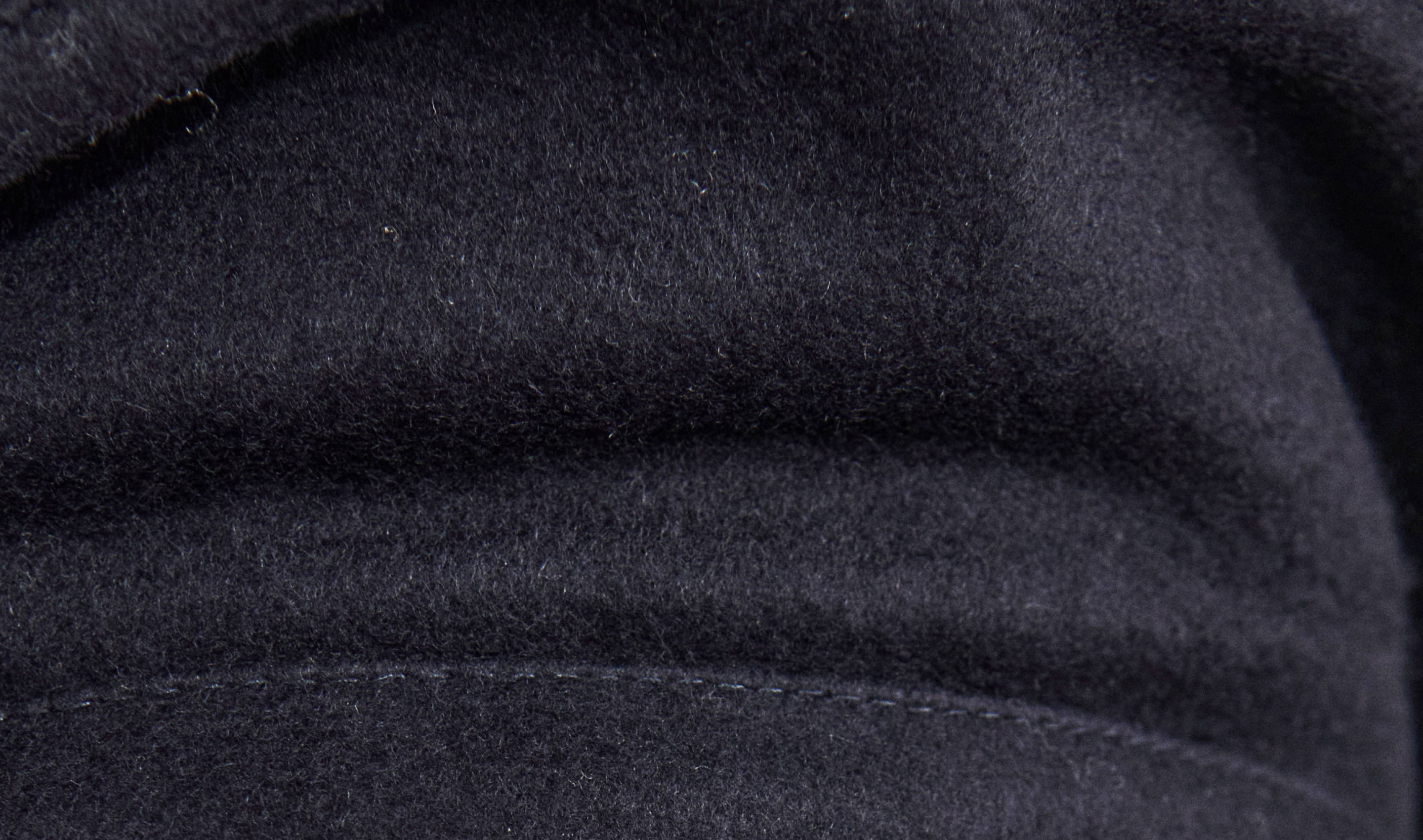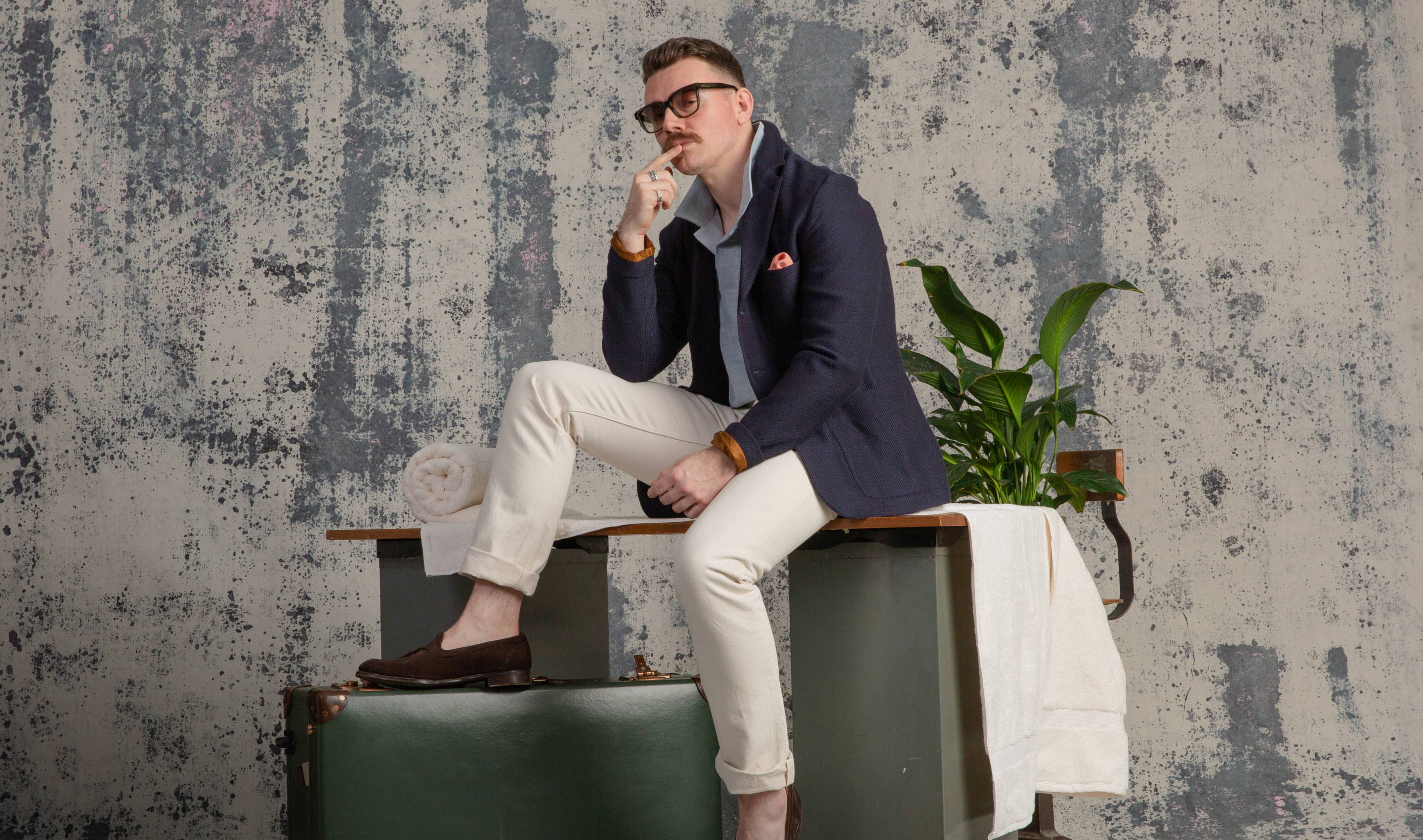“I started work at 14 with little education”
Words by Ian Beighton of ‘So What’s Your Story’ Podcast
Time to Read: 8 Mins
My names Ian Beighton and you’re about to discover people from differing backgrounds but with one thing in common - A Story!
Maybe - a Story of adversity
Maybe - a Story of inspiration
Maybe - a Story that'll make you laugh
Or maybe just a Story that'll make you think?
I believe everyone has a Story and that story should be shared...
Today, I’m excited to share Mike’s story with you all. This charters a journey of hard work, tenacity, near failure, taking on a huge debt when buying a struggling business and building it back up, the ability to diversify, a near death experience and the chance to hear a very patriotically British gentleman tell his "story".
“I started work at 14 with little education”
Words by Ian Beighton of ‘So What’s Your Story’ Podcast
Time to Read: 8 Mins
My names Ian Beighton and you’re about to discover people from differing backgrounds but with one thing in common - A Story!
Maybe - a Story of adversity
Maybe - a Story of inspiration
Maybe - a Story that'll make you laugh
Or maybe just a Story that'll make you think?
I believe everyone has a Story and that story should be shared...
Today, I’m excited to share Mike’s story with you all. This charters a journey of hard work, tenacity, near failure, taking on a huge debt when buying a struggling business and building it back up, the ability to diversify, a near death experience and the chance to hear a very patriotically British gentleman tell his "story".
Mike’s story is very, very interesting, he left school two months before he hit 15, started work in a factory for two pounds a week as an apprentice machinist, discovering everything over the next 9 years from pattern making, bookkeeping, management and sales courses in Manchester from 1972 to 1979. A period when the clothing trade it is fair to say was in full bloom, but after two hot summers and difficult trading conditions in the 80s, it seemed factories were closing down left right and centre. Mike was undeterred by this, in fact he said made a huge leap forward in ‘embryo’ which is a management buyout, taking on a debt of £700,000, as the company started to prosper, the economy took a downturn. Between 1997 up until 2009 and an economy collapse, Mike’s current business partner James Eden took over and they formed Private White V.C. Michael is 65 today, he doesn't look at he has been married for 42 years! He has 11 grandchildren, enjoys cycling, football and travelling.
It’s fair to say Mike is passionate about clothing in particular, but also passionate about British politics, passionate about Britain, passionate about people and passionate about animals, including penguins.
Mike, I hope I did you justice in your introduction, it’s great to speak to you today to hear how you have kept a dying industry going in your lifespan.
MS: My family were immersed in the clothing trade in a number of clothing companies and had a very small factory from very humble beginnings. I think it’s fair to say money was important as a child as we didn’t have any money. At 14 when I started working it was a very exciting time. I worked at the factory, tried playing football, did little bits of modelling and finished up with a few incomes by the time I was 16/17, with a few pounds in my pocket. In those days a few pounds meant something, it might be a night out. It was good from that perspective.
IB: I saw from some frames in your office you used to model, tell me about your experience of modelling in the 70’s.
MS: It wasn’t the world it is today. People were looking for fashion with a twist over luxury. There were outfits with wildflowers, 6-inch platform heels, yellow bow trousers. It was for kids like myself. It turned to a different direction in the 80’s and later came grunge and all the clothing I’ve become involved in.
IB: How did factory life look back then?
MS: It was also a different world, the factory was full of people who had two or three ashtrays on their machines, constantly chain smoking while sewing. The quality was low, even by today’s standards. After the war there was a boom in making goods and just people making whatever they could. There was tension, people would go straight from the factory to the pub where they would drink a few pints (because it was so cheap). There were 70,000 people working in textiles in Manchester and buses full of people, big boats coming into the docks for export where Media City is in Salford.
IB: You’ve always been passionate about working with people, why is that?
MS: I got very interested in management because I didn’t like the way places were managed in my early career. It was brutal, the conditions were bad, people were treated badly, I was treated badly. At school if you were messing around, you’d get a chore rubber thrown at you, the slipper or the cane.
Mike’s story is very, very interesting, he left school two months before he hit 15, started work in a factory for two pounds a week as an apprentice machinist, discovering everything over the next 9 years from pattern making, bookkeeping, management and sales courses in Manchester from 1972 to 1979. A period when the clothing trade it is fair to say was in full bloom, but after two hot summers and difficult trading conditions in the 80s, it seemed factories were closing down left right and centre. Mike was undeterred by this, in fact he said made a huge leap forward in ‘embryo’ which is a management buyout, taking on a debt of £700,000, as the company started to prosper, the economy took a downturn. Between 1997 up until 2009 and an economy collapse, Mike’s current business partner James Eden took over and they formed Private White V.C. Michael is 65 today, he doesn't look at he has been married for 42 years! He has 11 grandchildren, enjoys cycling, football and travelling.
It’s fair to say Mike is passionate about clothing in particular, but also passionate about British politics, passionate about Britain, passionate about people and passionate about animals, including penguins.
Mike, I hope I did you justice in your introduction, it’s great to speak to you today to hear how you have kept a dying industry going in your lifespan.
MS: My family were immersed in the clothing trade in a number of clothing companies and had a very small factory from very humble beginnings. I think it’s fair to say money was important as a child as we didn’t have any money. At 14 when I started working it was a very exciting time. I worked at the factory, tried playing football, did little bits of modelling and finished up with a few incomes by the time I was 16/17, with a few pounds in my pocket. In those days a few pounds meant something, it might be a night out. It was good from that perspective.
IB: I saw from some frames in your office you used to model, tell me about your experience of modelling in the 70’s.
MS: It wasn’t the world it is today. People were looking for fashion with a twist over luxury. There were outfits with wildflowers, 6-inch platform heels, yellow bow trousers. It was for kids like myself. It turned to a different direction in the 80’s and later came grunge and all the clothing I’ve become involved in.
IB: How did factory life look back then?
MS: It was also a different world, the factory was full of people who had two or three ashtrays on their machines, constantly chain smoking while sewing. The quality was low, even by today’s standards. After the war there was a boom in making goods and just people making whatever they could. There was tension, people would go straight from the factory to the pub where they would drink a few pints (because it was so cheap). There were 70,000 people working in textiles in Manchester and buses full of people, big boats coming into the docks for export where Media City is in Salford.
IB: You’ve always been passionate about working with people, why is that?
MS: I got very interested in management because I didn’t like the way places were managed in my early career. It was brutal, the conditions were bad, people were treated badly, I was treated badly. At school if you were messing around, you’d get a chore rubber thrown at you, the slipper or the cane.
At work, I understood the workers were from a lower background, there were single parent mums, different nationalities. I managed the challenges. I watched carefully and have always tried to go the extra mile.
IB: I believe in the mantra you buy cheap you buy twice, I know we’re in a difficult economic time right now, but it’s important to invest in a bit more in an item will last you a lot longer.
MS: I agree with you, if you invest a little bit more, in a quality item that will last you a lot longer you're not buying it twice. I’ve got a 20-year-old car, a 50-year-old ruler, 60-year-old hole punch. Quality lasts, that’s what we’re doing today at Private White. It’s a quality thing, we’re not trying to be Gucci or out there hiding behind a label. We have a passion for quality in a structured way that helps everybody, and we pay our workers a fair living wage.
At work, I understood the workers were from a lower background, there were single parent mums, different nationalities. I managed the challenges. I watched carefully and have always tried to go the extra mile.
IB: I believe in the mantra you buy cheap you buy twice, I know we’re in a difficult economic time right now, but it’s important to invest in a bit more in an item will last you a lot longer.
MS: I agree with you, if you invest a little bit more, in a quality item that will last you a lot longer you're not buying it twice. I’ve got a 20-year-old car, a 50-year-old ruler, 60-year-old hole punch. Quality lasts, that’s what we’re doing today at Private White. It’s a quality thing, we’re not trying to be Gucci or out there hiding behind a label. We have a passion for quality in a structured way that helps everybody, and we pay our workers a fair living wage.
IB: What do you want to be remembered for?
MS: I want to be known in Manchester and Manchester to be proud of Manchester. It’s been voted the third best city in the world to live. There are a lot of people who are proud of the city but they should be buying Manchester-made clothes. Manchester United and City are the best football teams, it has the best music and the best clothes coming from here. I like the idea we’re a British owned, British made company. I want Manchester investing in itself in the future!”
Private White V.C. are proud sponsors of So What’s Your Story Podcast.
This Is Who We Are & Where We Are...
We make the world’s finest outerwear and much more in our very own 169-year-old factory in Salford. Not many people can say that. We’re opening our doors to show you the ins and outs of who we are and what makes us unique. There are no secrets, no gimmicks and most importantly no nonsense. Come and support our family run British brand and be a part of our story.
Factory Tours are available every day from:
Monday – Friday
10am - 4pm
IB: What do you want to be remembered for?
MS: I want to be known in Manchester and Manchester to be proud of Manchester. It’s been voted the third best city in the world to live. There are a lot of people who are proud of the city but they should be buying Manchester-made clothes. Manchester United and City are the best football teams, it has the best music and the best clothes coming from here. I like the idea we’re a British owned, British made company. I want Manchester investing in itself in the future!”
Private White V.C. are proud sponsors of So What’s Your Story Podcast.
This Is Who We Are & Where We Are...
We make the world’s finest outerwear and much more in our very own 169-year-old factory in Salford. Not many people can say that. We’re opening our doors to show you the ins and outs of who we are and what makes us unique. There are no secrets, no gimmicks and most importantly no nonsense. Come and support our family run British brand and be a part of our story.
Factory Tours are available every day from:
Monday – Friday
10am - 4pm






Leave a comment
This site is protected by hCaptcha and the hCaptcha Privacy Policy and Terms of Service apply.